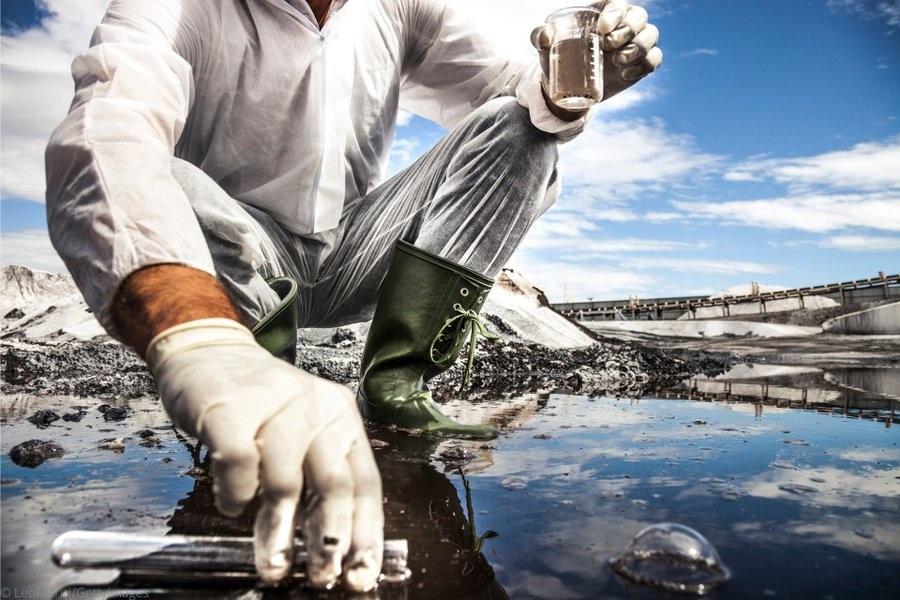
The European Commission calls on Ireland to comply with a judgment of the Court of Justice on the adequate collection and treatment of urban waste water
The European Commission decided to send a letter of formal notice under Article 260 TFEU to Ireland (INFR(2013)2056) for failing to comply with the judgment of the Court of Justice of the European Union of 28 March 2019 (C-427/17). In this ruling, the Court of Justice found that Ireland does not comply with the urban waste water treatment directive (Directive 91/271/EEC).
The Directive aims to protect people's health and the environment by requiring that urban waste water is collected and treated before discharge into the environment. Towns and cities need to put in place the necessary infrastructure in order to collect and treat their urban waste water. Uncollected or untreated waste water can put human health at risk and pollute lakes, rivers, soil and coastal and groundwater.
Ireland should have complied with the requirements of the Directive by 31 December 2005 at the latest. In March 2019, the Court of Justice ruled that Ireland had breached the requirements of the urban waste water treatment directive in 28 agglomerations. Whilst Ireland has made progress in remedying some of the breaches, for instance with the construction of the Shanbally treatment plant, compliance has still not been achieved for 16 agglomerations covered by the judgment.
The Commission is therefore sending a letter of formal notice to Ireland, which now has two months to respond and address the shortcomings raised by the Commission. In the absence of a satisfactory response, the Commission may decide to refer Ireland to the Court of Justice of the European Union with a request to impose financial sanctions.
The European Commission also urges Ireland to fully transpose the Renewable Energy Directive
The European Commission decided to send additional reasoned opinions to Ireland INFR(2021)0260), Spain (INFR(2021)0220), France (INFR(2021)0238) and Hungary (INFR(2021)0256) for not having fully transposed EU rules on the promotion of the use of energy from renewable sources set out in Directive (EU) 2018/2001.
This Directive provides the legal framework for the development of renewable energy in electricity, heating and cooling, and transport in the EU. It sets an EU-level binding target for 2030 for renewable energy and includes specific rules for guarantees of origin (GOs). GOs are electronic certificates to inform the final customers on the share of energy from renewable sources in a supplier's energy mix. The Directive further includes sustainability and greenhouse gas emissions savings criteria for biofuels, bioliquids and biomass fuels and rules on the verification of compliance of those fuels with these criteria.
The deadline to transpose the Directive into national law was 30 June 2021. In July 2021, the Commission sent letters of formal notice to the four Member States for failing to fully transpose the Directive. As regards Ireland, Spain and France, the Commission then followed up with reasoned opinions due to their continuous failure to fully transpose the Directive and decided to refer Hungary to the Court of Justice of the European Union for lack of transposition of the Directive. After having examined the replies and the subsequently notified measures from the four Member States, the Commission has decided to issue additional reasoned opinions to Ireland, Spain, France and Hungary due to incomplete transposition.
The reasoned opinions draw the attention on other transposition gaps regarding the provisions on guarantees of origin for energy from renewable sources, or on other transposition issues concerning the sustainability and greenhouse gas emissions saving criteria for biofuels, bioliquids and biomass fuels.
The four Member States now have two months to remedy the situation and notify the complete transposition of the Directive to the Commission. Otherwise, the Commission may decide to refer the case to the Court of Justice of the European Union.
Details
- Publication date
- 14 November 2024
- Author
- Representation in Ireland
